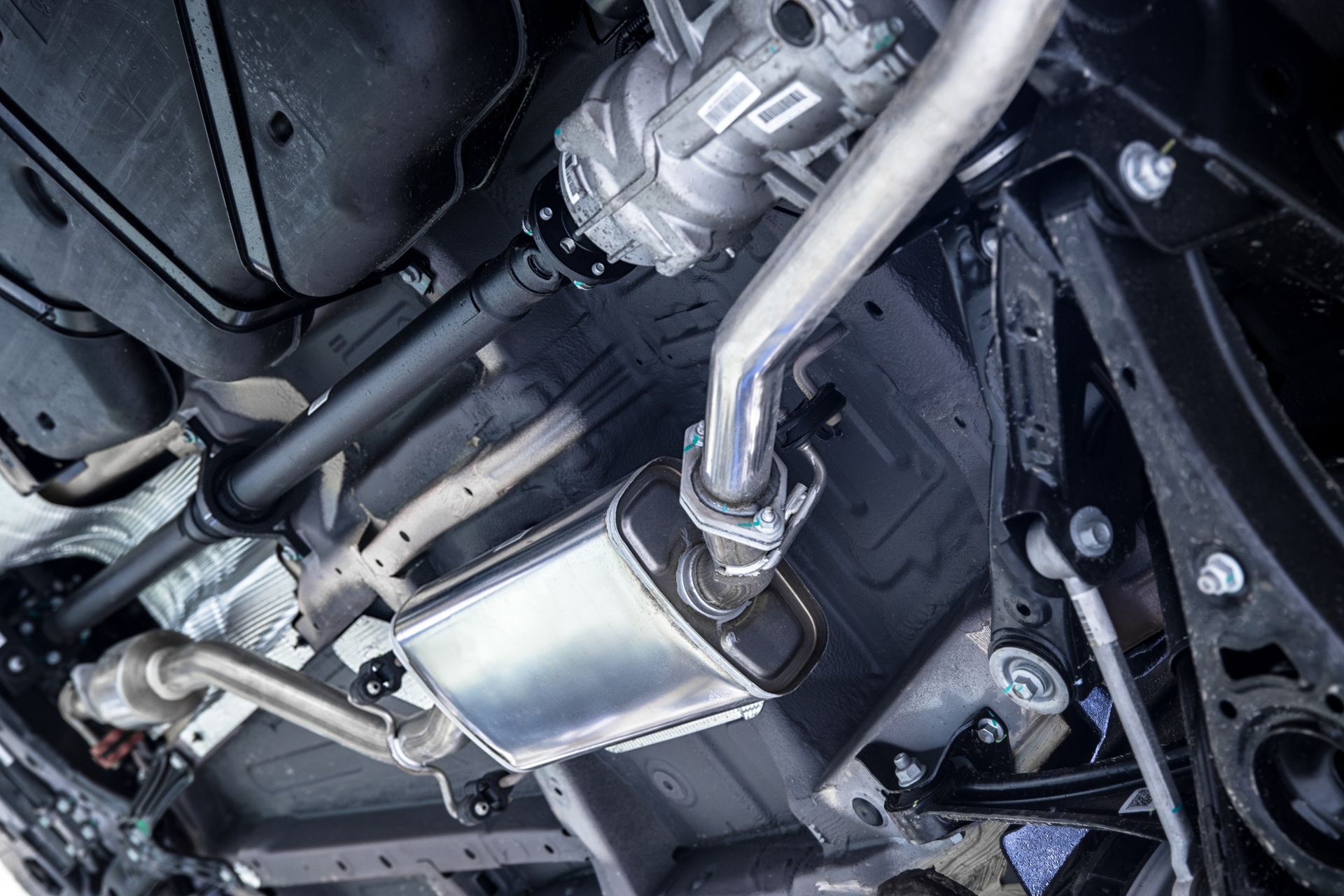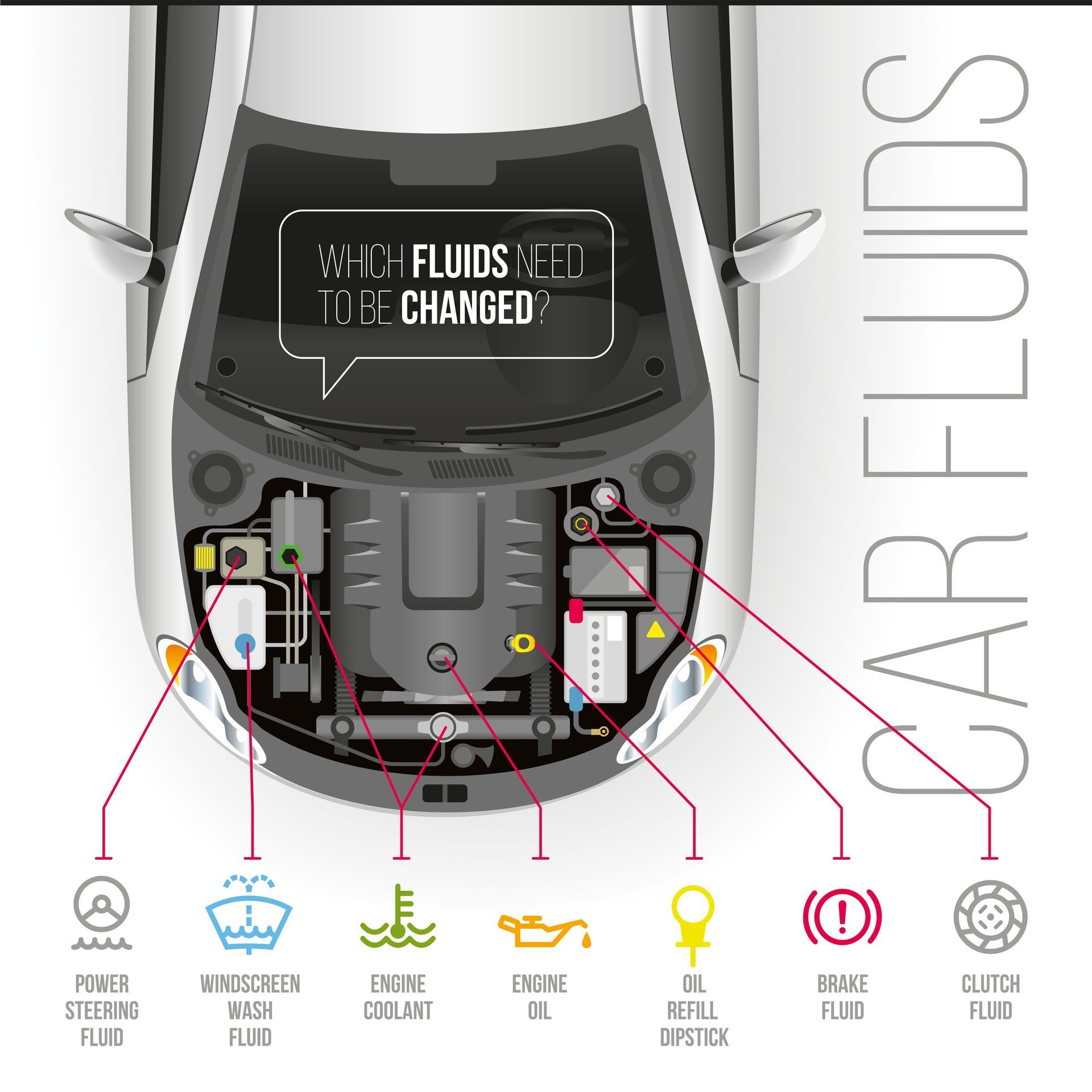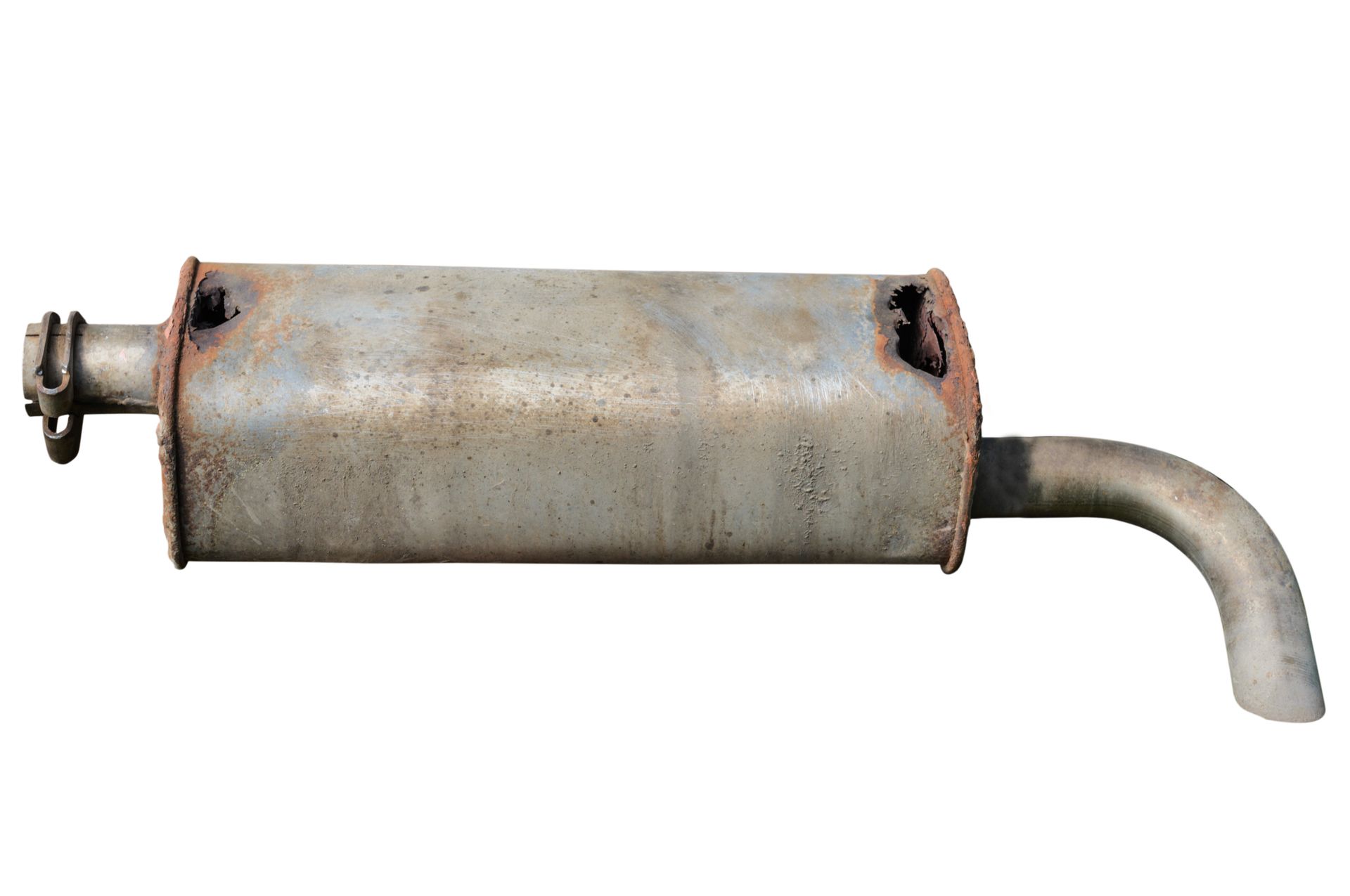Oil change Myths and Facts
Let’s dispel the 5 most common oil change myths that are due to outdated information, misunderstood advertising and word-of-mouth.
Myth 1: All vehicle must have oil changed every 3,000 miles or 3 months. False. While this is still generally true if you use conventional motor oil, modern synthetic motor oil formulas extend the time between oil changes and also extend the life of your engine. Most vehicles built since 2006 have an oil change guidance of every 5,000–7,500 miles because they require full synthetic or synthetic-blend oil. Follow the guidelines set by your vehicle’s manufacturer. That information is in the owner’s manual and also available from your auto care professional.
Myth 2: Synthetic oil cannot be used in older cars because it causes leaks. False. The higher-viscosity synthetic oils were originally expected to leak through tiny cracks in the engine seals. Such leaks don’t occur because modern synthetic oils add seal conditioners, to account for older engines. Some brands of synthetic motor oil offer a “high-mileage formula” whose percentage of seal conditioner additive is higher than most synthetic oils and can help older cars that have not been well cared for.
Myth 3: Dark oil means it should be changed right away. False. Oil starts out a light-gold color, and darkens as it picks up combustion’s carbon by-products and suspends them, to keep them from building up in your engine’s channels and crevices. Darkening oil is doing its job! You should change your oil based on the manufacturer’s recommended mileage/time interval.
Myth 4: The oil filter does not need to be changed every time. False. Oil filters trap your engine’s carbon by-products. When a filter isn’t changed during an oil change, it can collapse or become clogged, and carbon build-up will accelerate. The cost of changing your oil filter is far lower than repairing the damage to your engine that can result over time.
Myth 5: Using synthetic oil will improve my car’s performance. False. Synthetic oil can extend the life of your engine because its viscosity properties allow it to flow throughout your engine more consistently over a range of temperature conditions. The additives in synthetic oil can do a better job of trapping the carbon by-products and carrying them to the filter. But synthetic oil alone will not improve your car’s performance, especially if your car is already experiencing problems.
The bottom-line: Regular oil and filter changes according to your manufacturer’s guidance is the most important thing you can do for engine health. Frequently stretching the mileage between oil changes based on advertising claims or because “life got busy” is likely to create lasting damage in your engine. Talk to your auto care professional about best practices for your specific vehicle.










